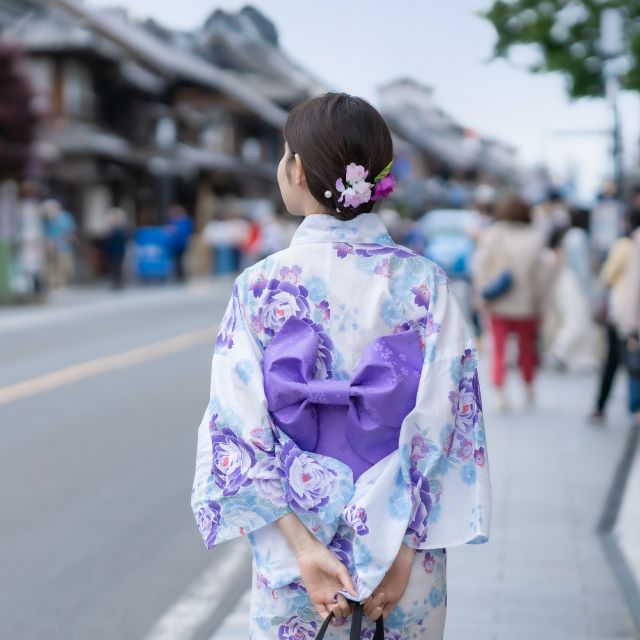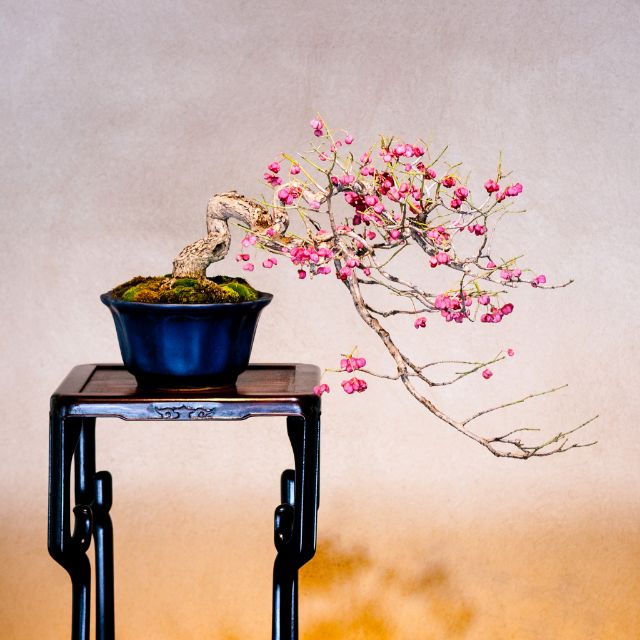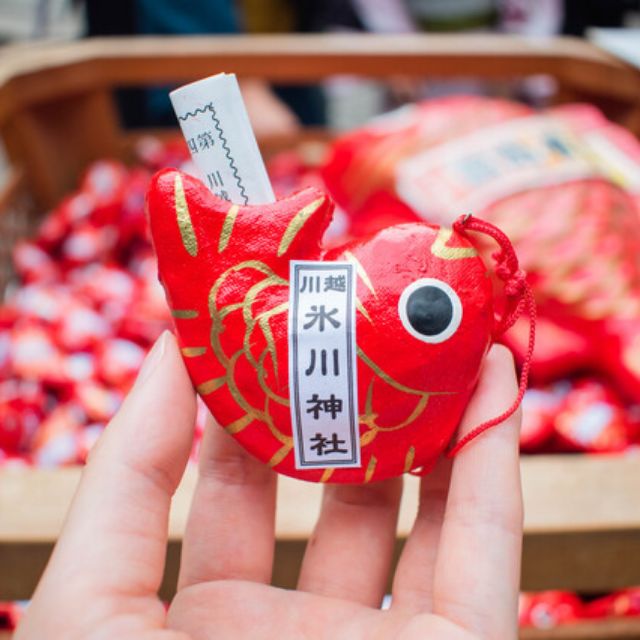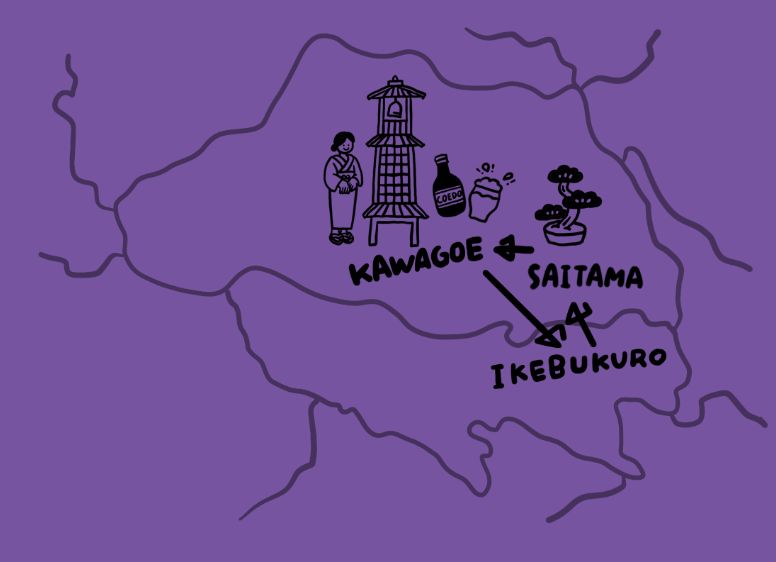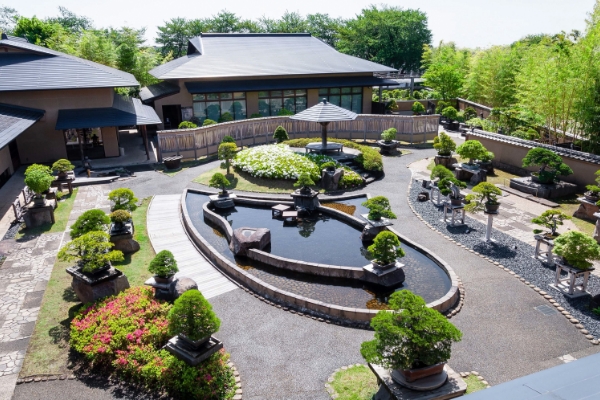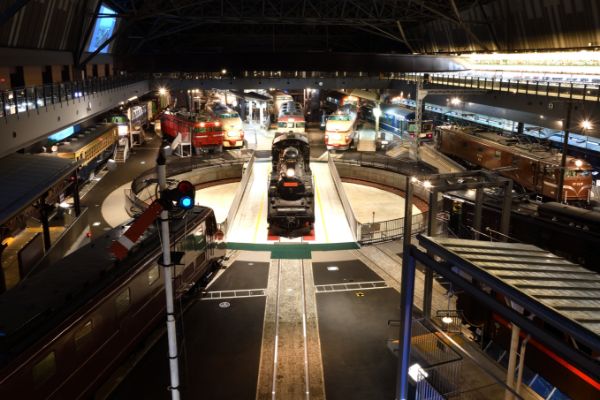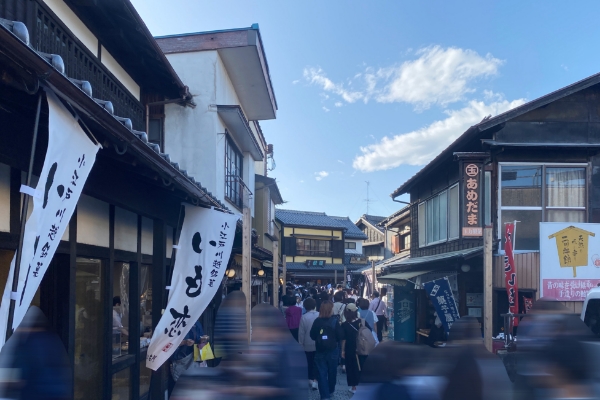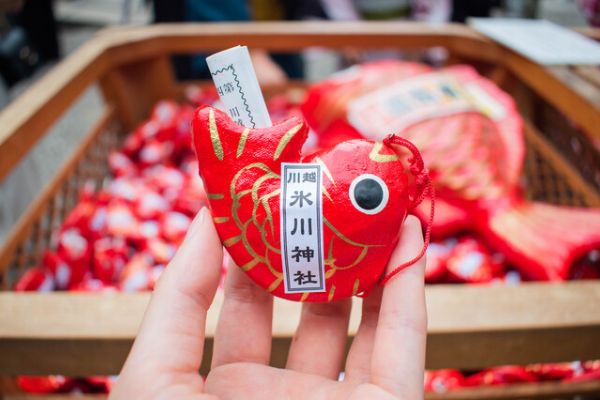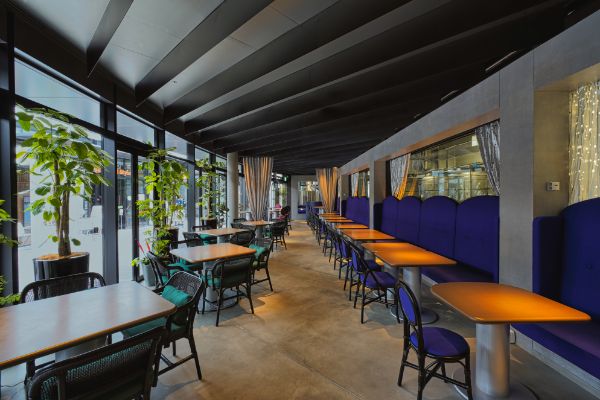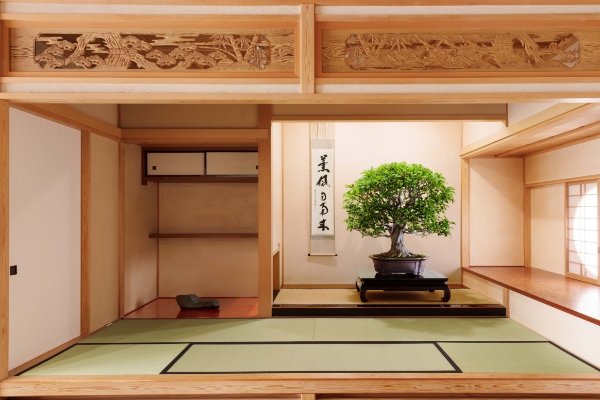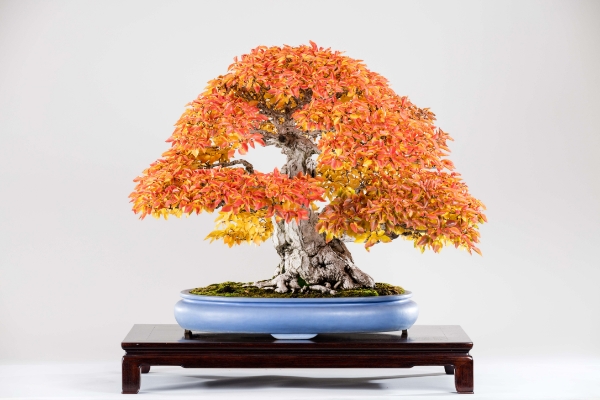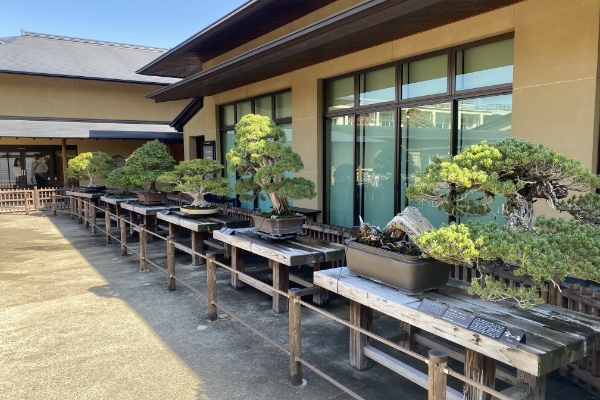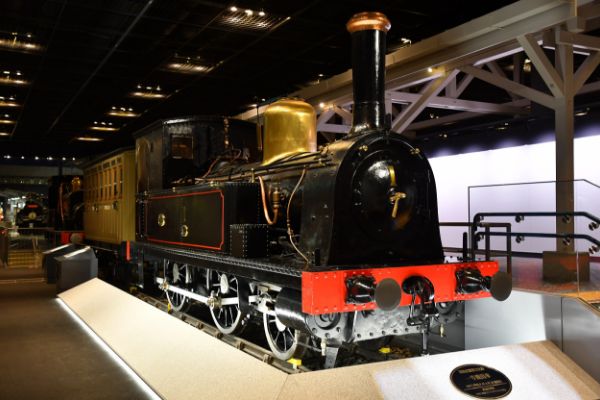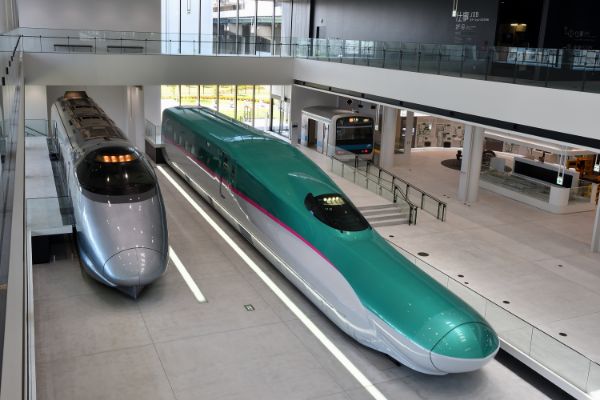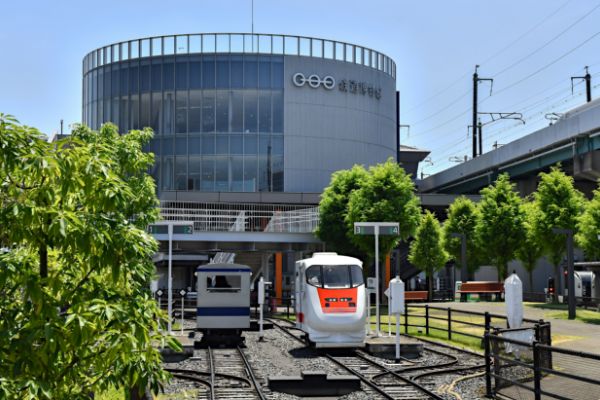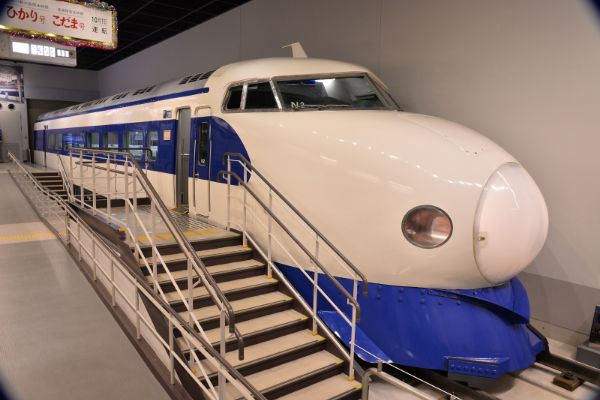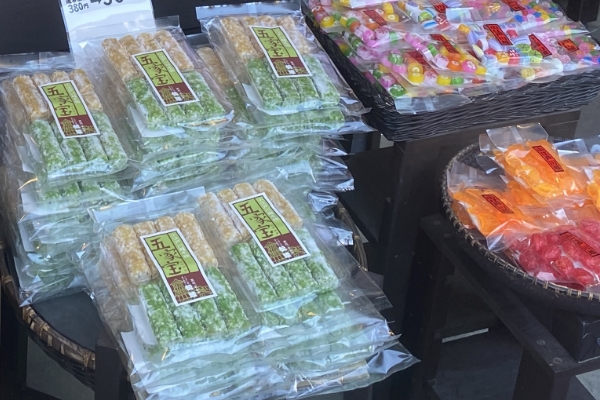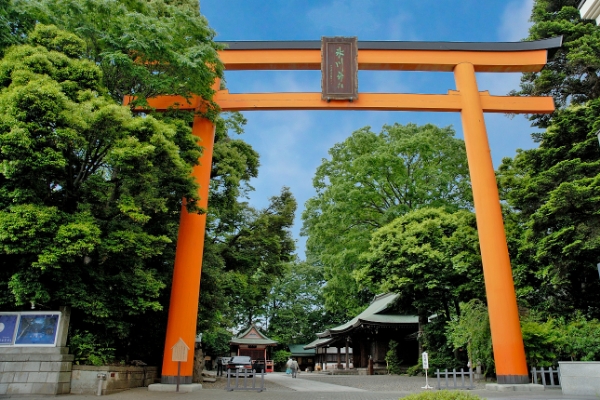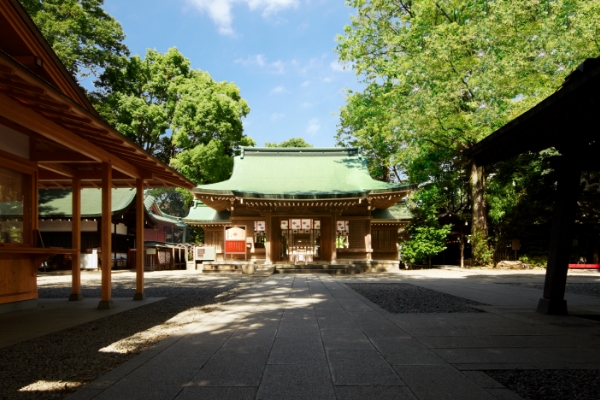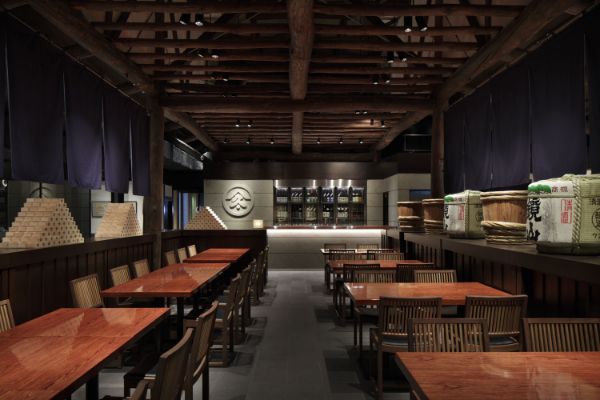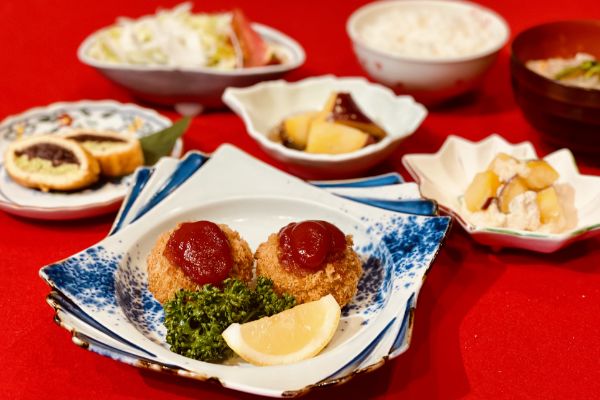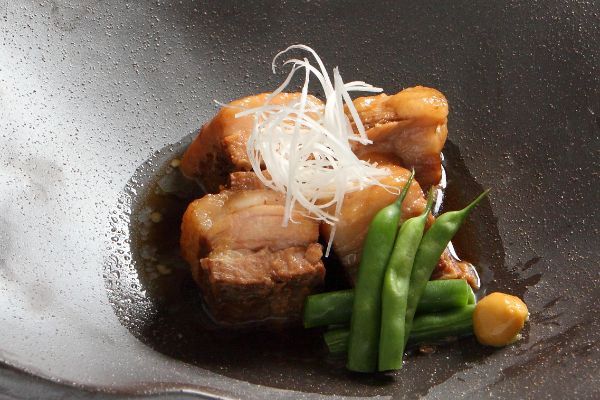8:00 a.m.
Ikebukuro Station9:00 a.m.
The Omiya Bonsai Art Museum, SaitamaThe Omiya Bonsai Art Museum is one of the finest museums specializing in bonsai art. The museum exhibits world-class bonsai masterpieces and introduces bonsai culture to visitors.
The bonsai garden has about 60 bonsai on display. Visitors can enjoy their changing appearance throughout the seasons. Among the museum's largest bonsai trees is Chiyo no Matsu, a white pine tree estimated to be 500 years old.
Take advantage of a "Welcome Monday'' tour or "English Gallery Guide'' to learn how to properly view and appreciate bonsai. Visit Website
10:30 a.m.
The Railway MuseumThis is one of the largest railway museums in Japan, located in Omiya. The museum has a total of 42 actual railcars on display, both indoors and outdoors. The train station features Locomotive No.1 which operated when Japan's railroads first opened, as well as a variety of bullet trains and electric trains. Visitors can also enjoy a simulated driving experience in a miniature train simulator. An English version of the audio guide is also available using the museum's app.Visit Website
Alternative Option
Omiya Bonsai Village
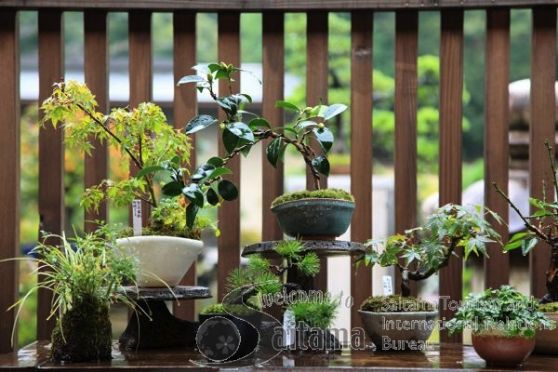
If you want to learn more about bonsai, how about trying your hand at bonsai art? You can enjoy making bonsai at the Omiya Bonsai Art Museum in Saitama and three nearby bonsai nurseries (reservations required). Each bonsai nursery produces its own unique bonsai. It is fascinating to see the differences between them.Visit Website
11:45 a.m. - 12:00 p.m.
Maru Maru Higashi-nihon (East Japan Cooperation Center)STAMP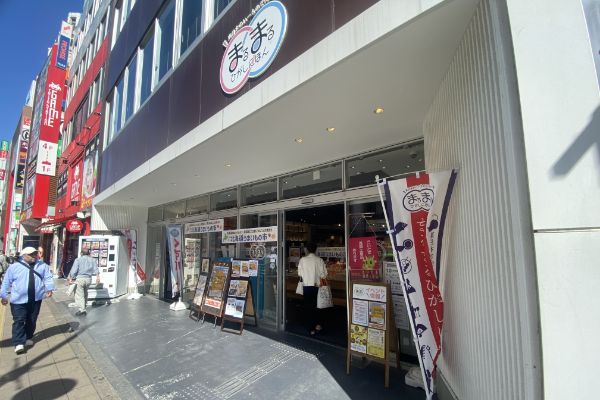
Japanese: まるまるひがしにほん 東日本連携センター
This is a stamp rally location. Check the campaign page for details on the stamp rally.
12:30 p.m - 12:45 p.m.
Kawagoe Station Tourist InformationSTAMPGIFT EXCHANGE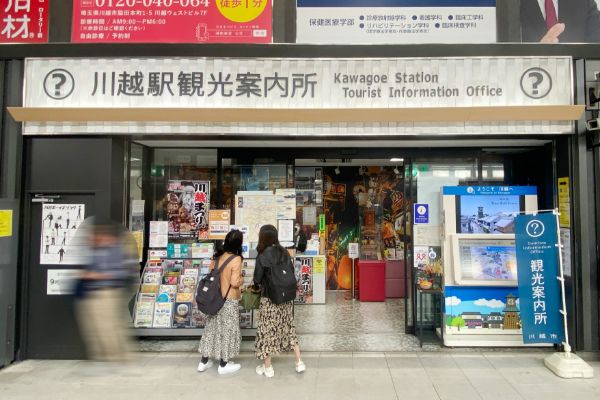
Japanese: 川越駅観光案内所
This is a stamp rally location. Check the campaign page for details on the stamp rally.
1:15 p.m - 2:15 p.m.
Eel Lunch in Kawagoe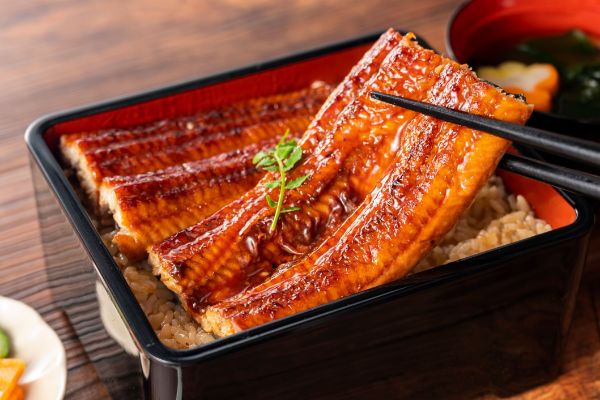
Kawagoe is reputed for its many historic eel restaurants. During the Edo period, which lasted from 1603 to 1867, eel fishing flourished in the Shinkagishi River and the Iruma River that flowed around Kawagoe. As a result many delicious eel restaurants converged in Kawagoe. Visit the restaurants that appeal to you and taste the delicious historical dishes made with eel.Related article: In Kawagoe, you can eat eel Unagi at a famous store that was established in the Edo period
Walk from Eel restaurant to Kawagoe Ichibangai Shopping Street
2:30 p.m.
Experience the Little Edo Culture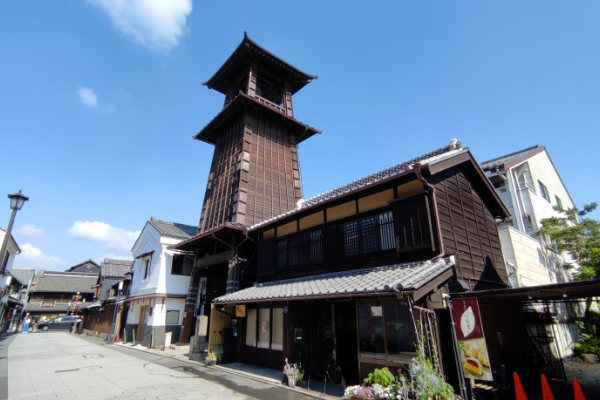
Kawagoe Ichibangai Shopping Street
A shopping street lined with black-tiled warehouses. The street looks just as it did during the Edo period, providing a scenery typical of old Japan. It is known as "kura-zukuri no machi" or "Koedo (Little Edo)". There are also many souvenir shops and delicious food and sweets shops, making it a fun area to explore.
Toki no kane (Time Bell Tower)
Built 400 years ago, this is the symbol of Koedo (Little Edo) in Kawagoe. At first built in the Edo period, the bell tower and bronze bell were destroyed by frequent fires, and each time they were rebuilt and repaired. A major renovation was completed in 2016 restoring their appearance to how they were 140 years ago in the Meiji Period. The bell now rings through the streets of Kawagoe four times a day at 6:00 a.m., noon, 3:00 p.m., and 6:00 p.m.
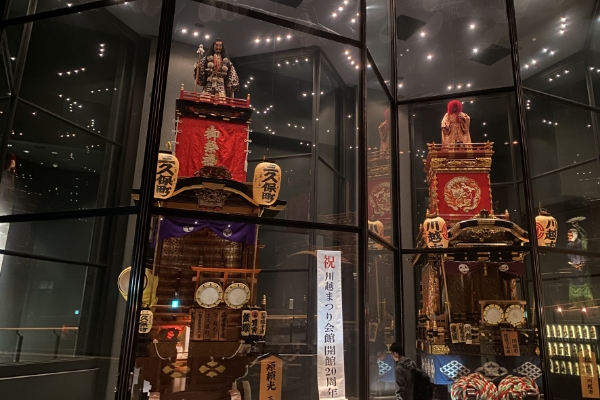
Kawagoe Festival Hall
This facility offers a view into the Kawagoe Festival, which boasts a tradition of approximately 370 years. Two actual floats are on display in the museum. The museum also offers demonstrations of the music played during the festival. Be sure to check the demonstration schedule on the website.Visit Website
Walk from Kawagoe Festival Hall to Candy Alley (Kashiya Yokocho)[Approx. 3 min.]
3:45 p.m - 4:15 p.m.
Candy Alley (Kashiya Yokocho)Here you will find about 20 old-fashioned confectioners and other shops lining a cobblestone street. The street offers everything from reasonably priced "dagashi," nostalgic sweets that reached their peak popularity during the post-war Showa Period, to candy crafts, dumplings, and other handmade delicacies.
Alternative Option
Kita-in Temple
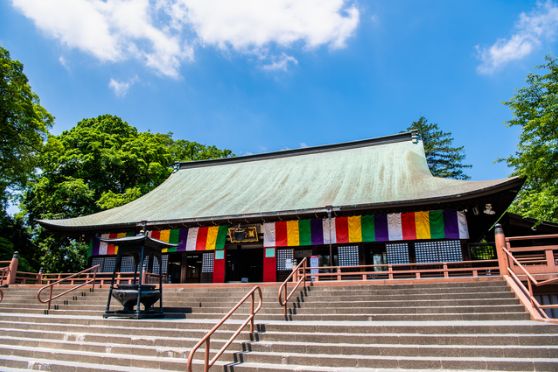
If you are interested in Edo culture, visit Kita-in Temple, one of the most famous temples in Kawagoe. The Kyakuden, Shoin, and Kori (the inner sanctum) were built by the third shogun, Tokugawa Iemitsu, who had the palace of Edo Castle dismantled and relocated. They are said to be the only existing remains of the Edo Castle. The famous "Five Hundred Arhats,"--stone statues with rich expressions of joy, anger, sorrow, and pleasure--are lined up in a row in the precincts of the temple. The Daruma Doll Festival during the New Year's holiday is also a popular festivity, attracting many worshippers.Visit Website
Walk from Candy Alley (Kashiya Yokocho) to Kawagoe Hikawa Shrine[Approx. 12 min.]
4:30 p.m - 5:30 p.m.
Kawagoe Hikawa Shrine (Kawagoe Hikawajinja)Kawagoe Hikawa Shrine is dedicated to the god of marriage. The cute and popular "tai mikuji" is made of papier-mâché, which is paper pasted on a bamboo or wooden frame or clay. The tail of the tai contains an omikuji, which conveys your fortune for the near future. Fish for it to find your omikuji. There are also several spots to take pictures, such as the ema tunnel, the red string bench. The Enmusubi Chimes Event, held annually from July to September, is a summer tradition with about 1,500 wind chimes decorating the grounds.
Transfer from Kawagoe Hikawa Shrine to Restaurant
6:00 p.m - 7:00 p.m.
Enjoy dinner at Koedo Kurasato (Taisho-kura Makanakidokoro “Hatsuutei”)Koedo Kurasato was renovated from the former Kagamiyama Sake Brewery building. The Taisho-kura Makanakidokoro “Hatsuutei” is a Japanese restaurant with thick pillars, beams on the ceiling, and a large space that evokes the atmosphere of a sake brewery. The building is designated as a Tangible Cultural Property of Japan, and the restaurant serves local sake “Kagamiyama” and dishes using local ingredients produced in Kawagoe. Enjoy a relaxing evening in Koedo, which is only a 3-minute walk from Honkawagoe Station on the Seibu Shinjuku Line.Visit Website
7:45 p.m.
Ikebukuro Station

